The most fascinating images from the New York Public Library’s release of 180,000 copyright-free materials
Copyright law is a thorny thing, and it prevents a lot of people from making new works and having fun.
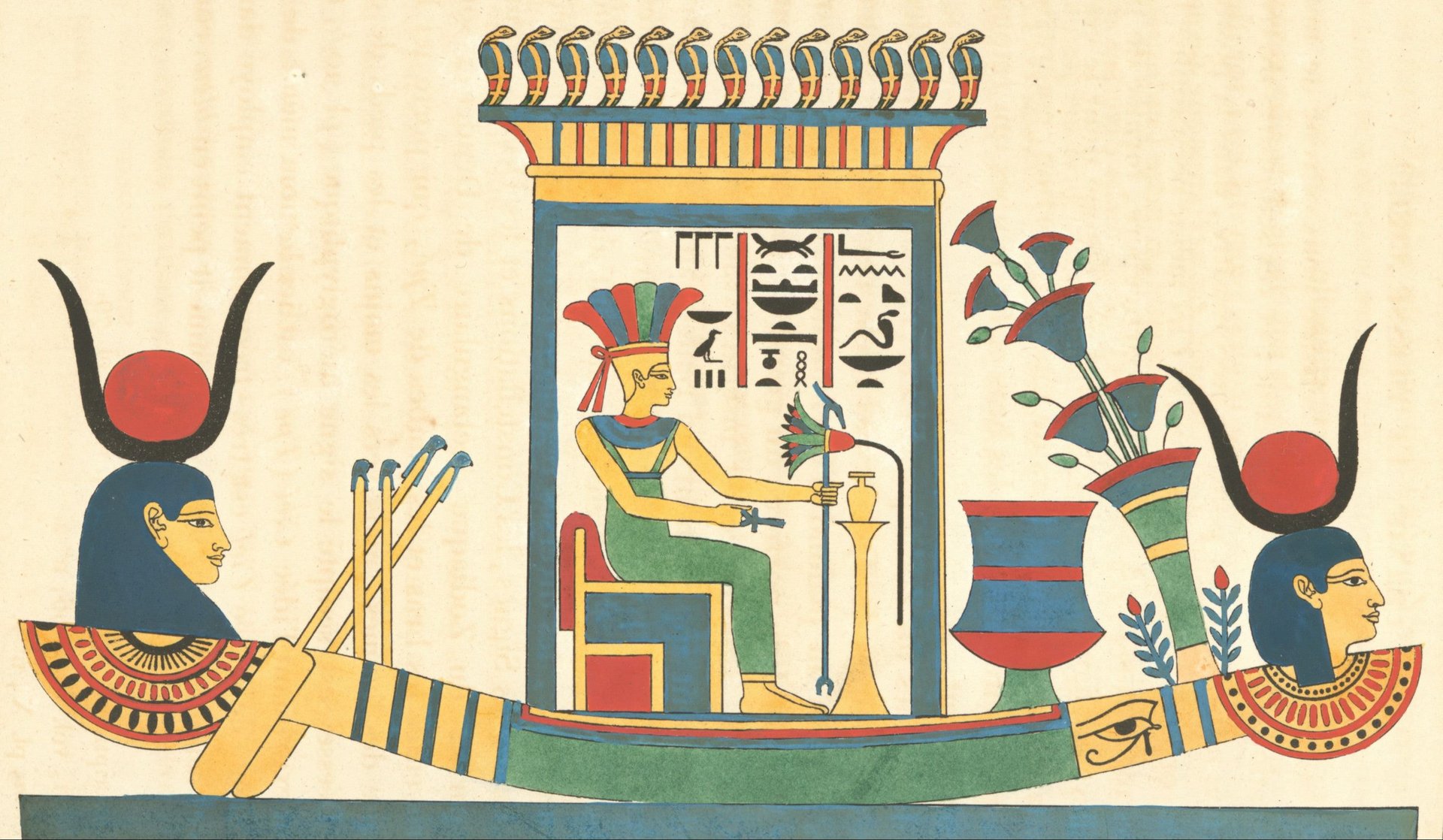

Copyright law is a thorny thing, and it prevents a lot of people from making new works and having fun.
But every once in a while, enough time passes, a lawsuit changes the game, or a big, old institution opens up and dusts off once-restricted or hidden material and lets it out into the public domain.
The New York Public Library joins the restriction-free party this week by making 180,000 non-copyright images from its collection available for high-res download. It’s also giving access to its collections’ metadata and making updates to its API to encourage playful games and visualizations.
Its trove of old stereoscopic images make great gifs, which you can try for yourself:
NYPL Labs, the library’s digitization and innovation arm, is the team behind these experiments. As Shana Kimball, manager of the labs’ public programs and outreach, tells Quartz:
“Our thesis is, while it’s great to put in front of the public some really large number of things that are freely available, we also know it’s hard to get your head around it. Our visualization tool was one way people could have a serendipitous experience of what’s really compelling to them, especially if you’re not going in with a particular research question in mind.”
A representative from NYPL tells Quartz that four staff members decide what goes into the public domain, which ends up being about a third of the total images that have been digitized—itself a “very, very, very small fraction” of the library’s total collections. Still, 180,000 images is nothing to scoff at—and certainly enough for a day-long rabbit hole.
Searchability can be a bit of an issue, though, even within the library’s visualization tool, so to get you started, here are some of the most fascinating categories and examples in the trove.
Historical oddities
The historic Waldorf-Astoria Hotel in midtown Manhattan printed a message to guests from American president to-be Herbert Hoover, encouraging food thriftiness in wartime. Among his advice was “eat more lobster and seafood.”
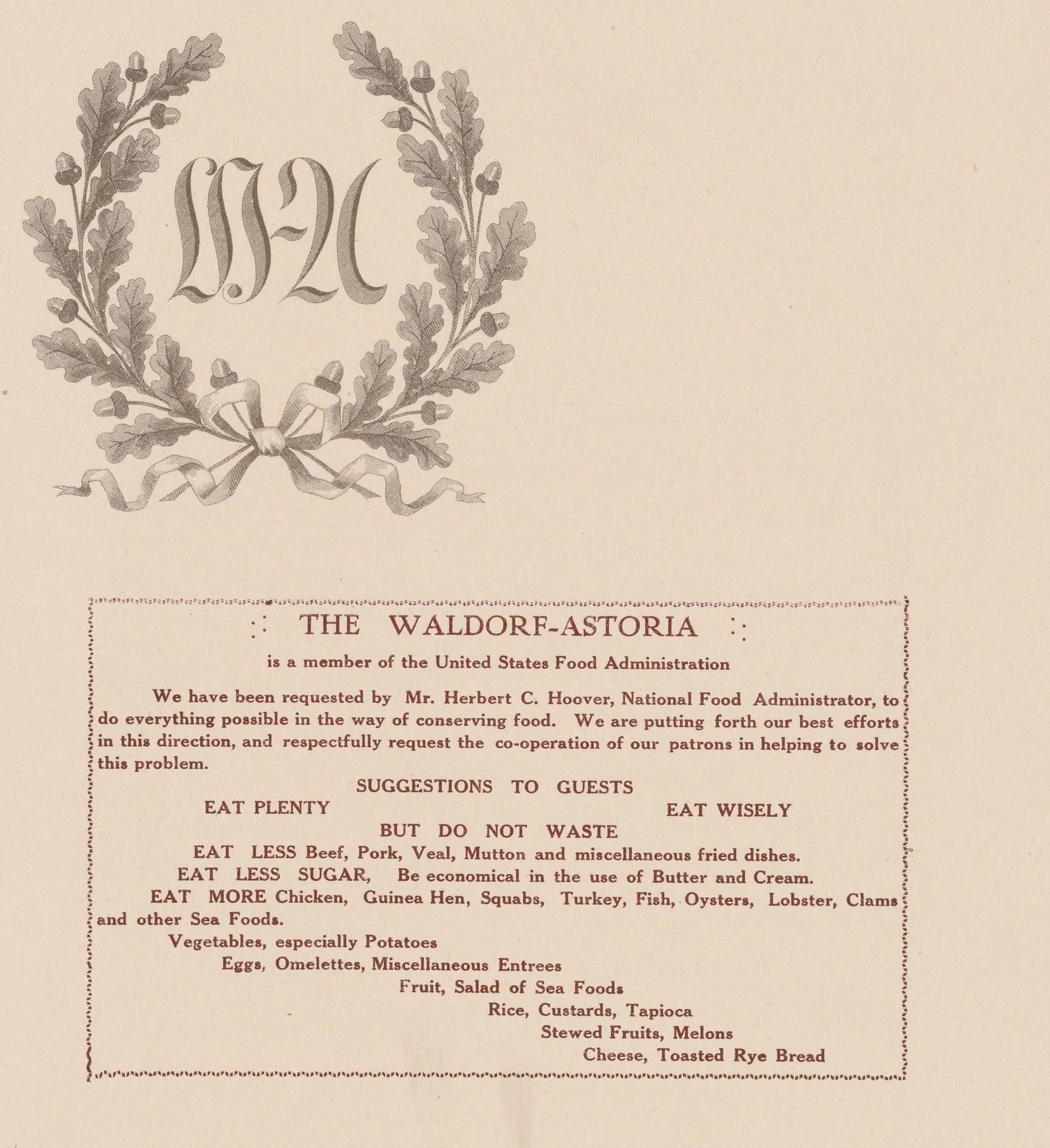
Old photos of beloved places
Popular tourist cities like New York and Tokyo stand today in stark contrast to their turn-of-the-century counterparts, unlike Paris and London, which haven’t changed much by comparison. A host of photos of pre-Imperial Japan show a very different place from what you might expect.

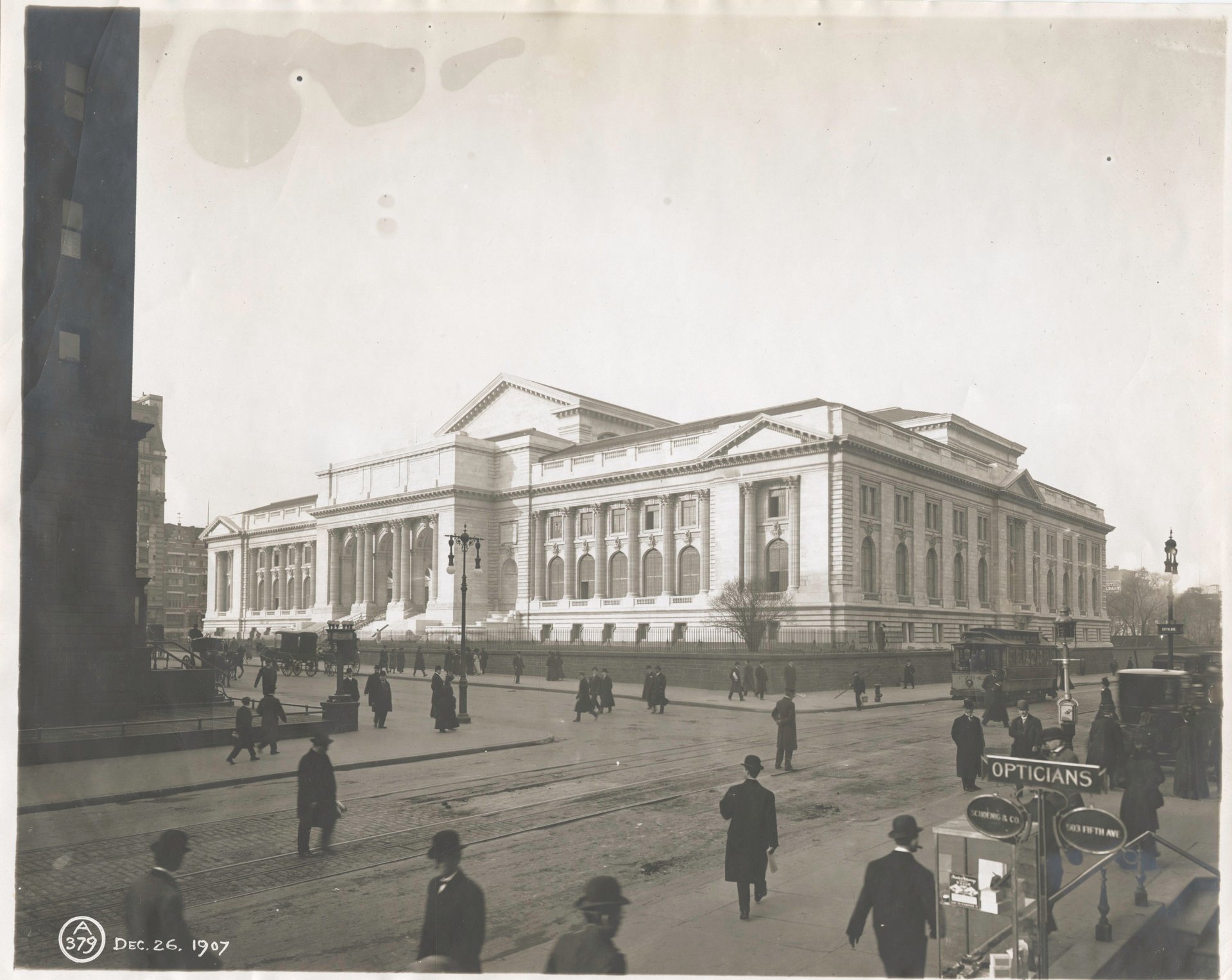
Prints of gnarly sea creatures
The newly released images contain detailed illustrations and engravings of plant and animal life. The zoophytes are especially of note.
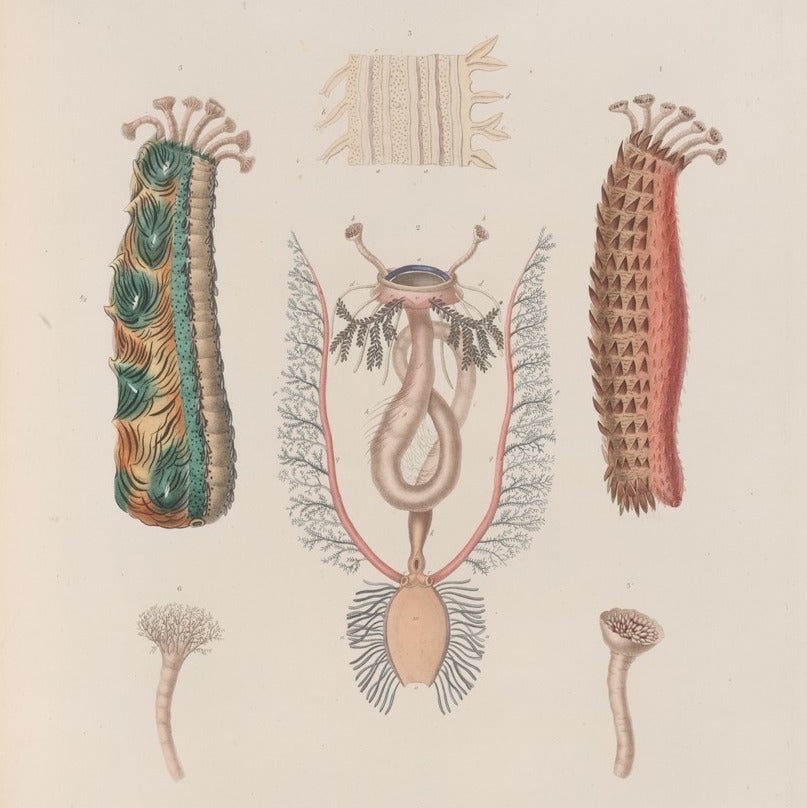
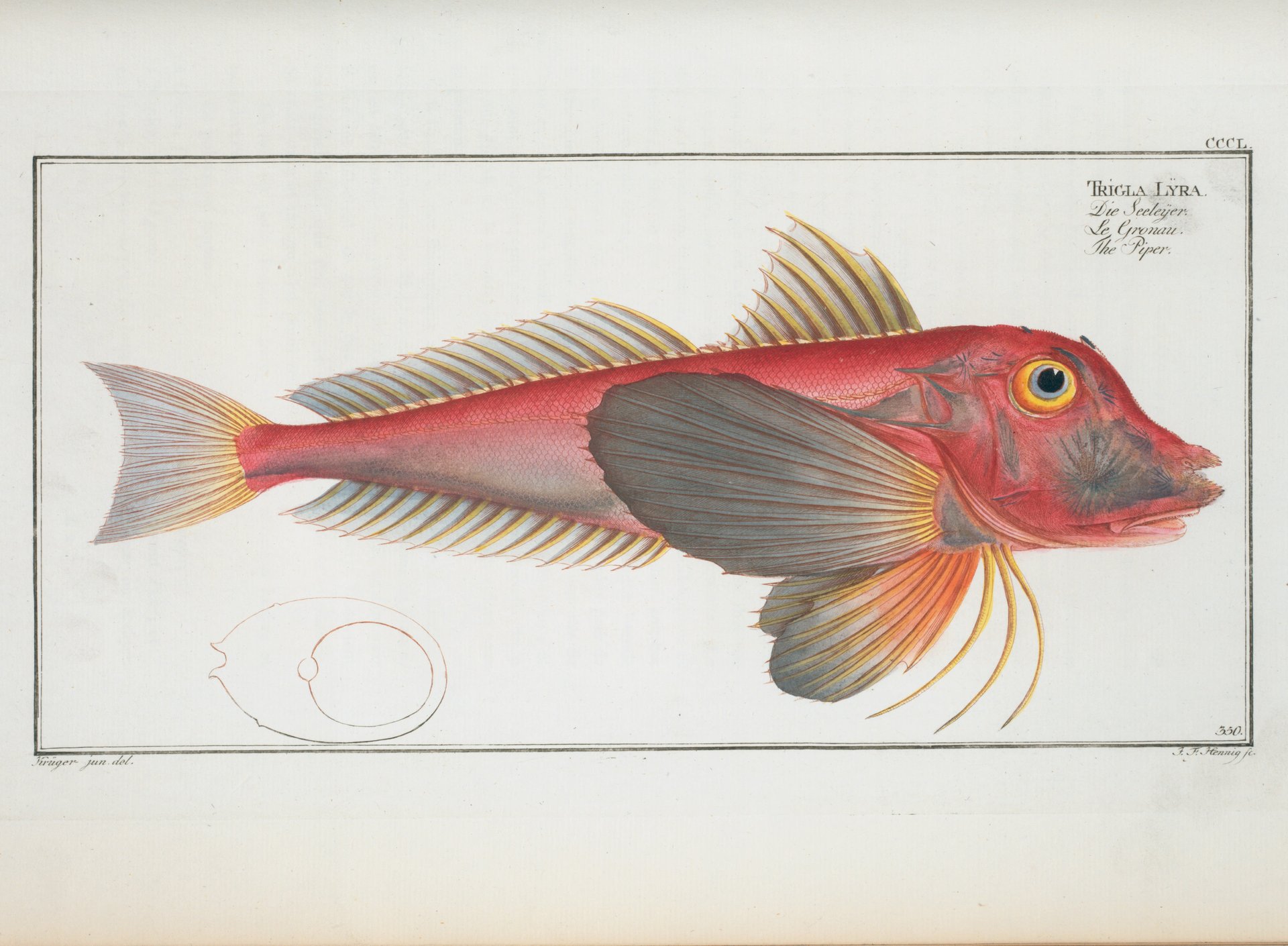
Baffling keepsakes of old popular music
A popular song from the early 20th century was about a kleptomaniac named Mamie.
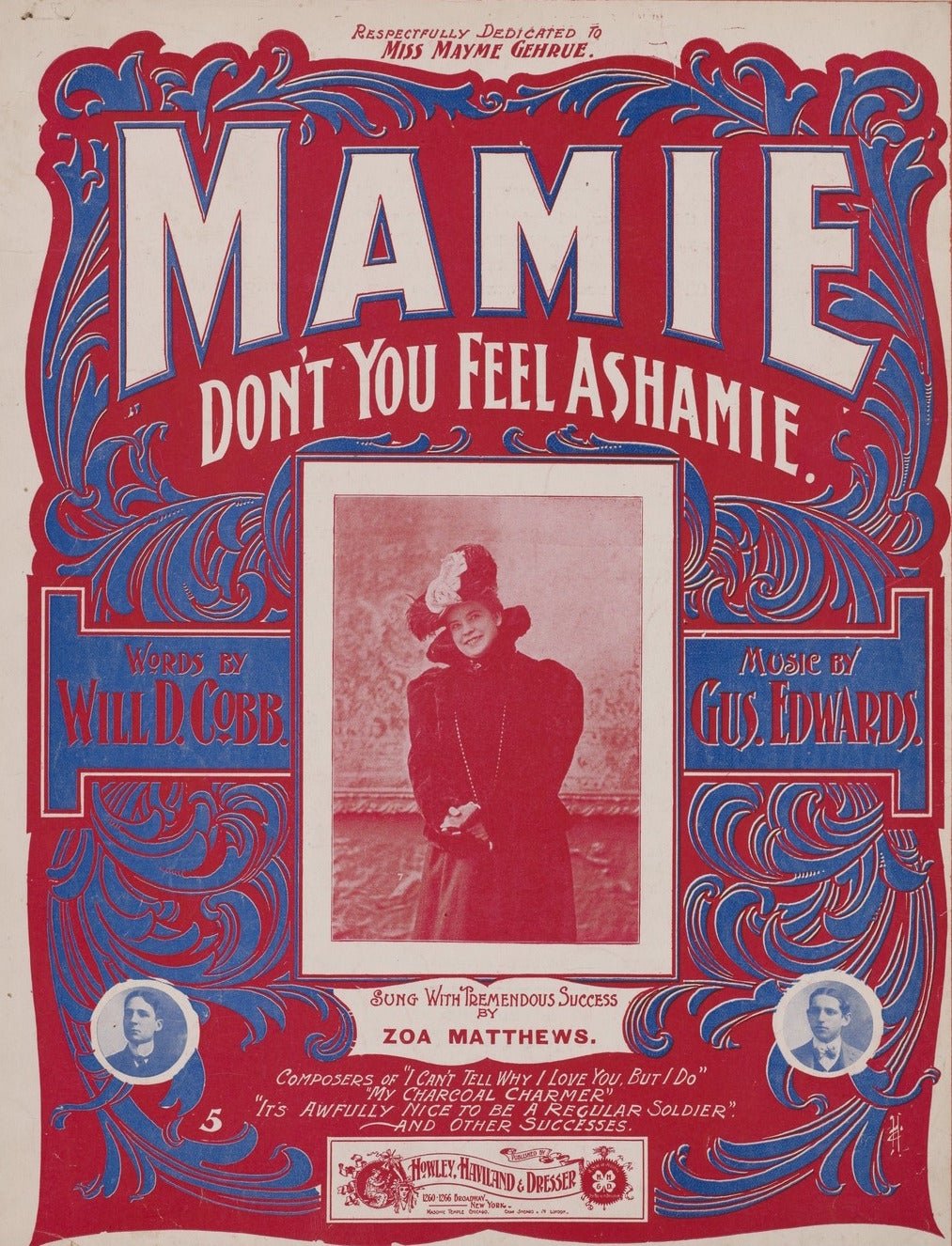
And of course no history of American music would be complete without very hard-to-stomach racism, so keep that troubling aspect in mind while exploring the sheet music collection.
Gods and goddesses that pop
One collection worth getting lost in is a set of Egyptian gods and goddesses depicted by a French artist in the early 1800s. The colors pop like they were made today.
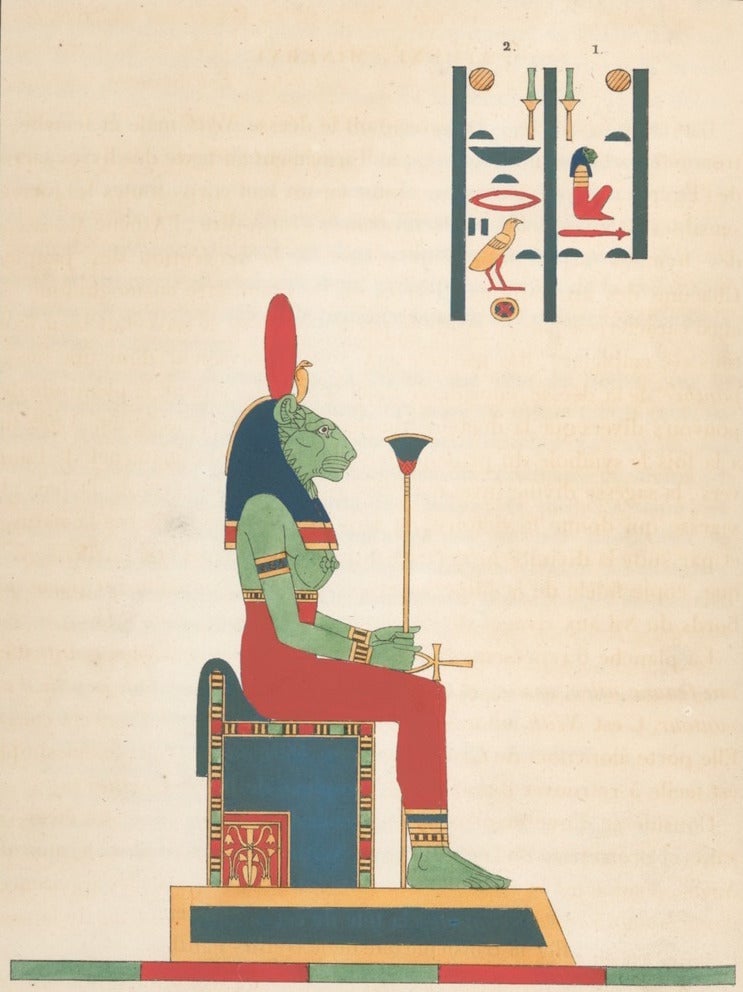
Elaborate dress for Old World nobility
A London-based collection from the late 1700s depicts traditional and then-contemporary dress from around the world.
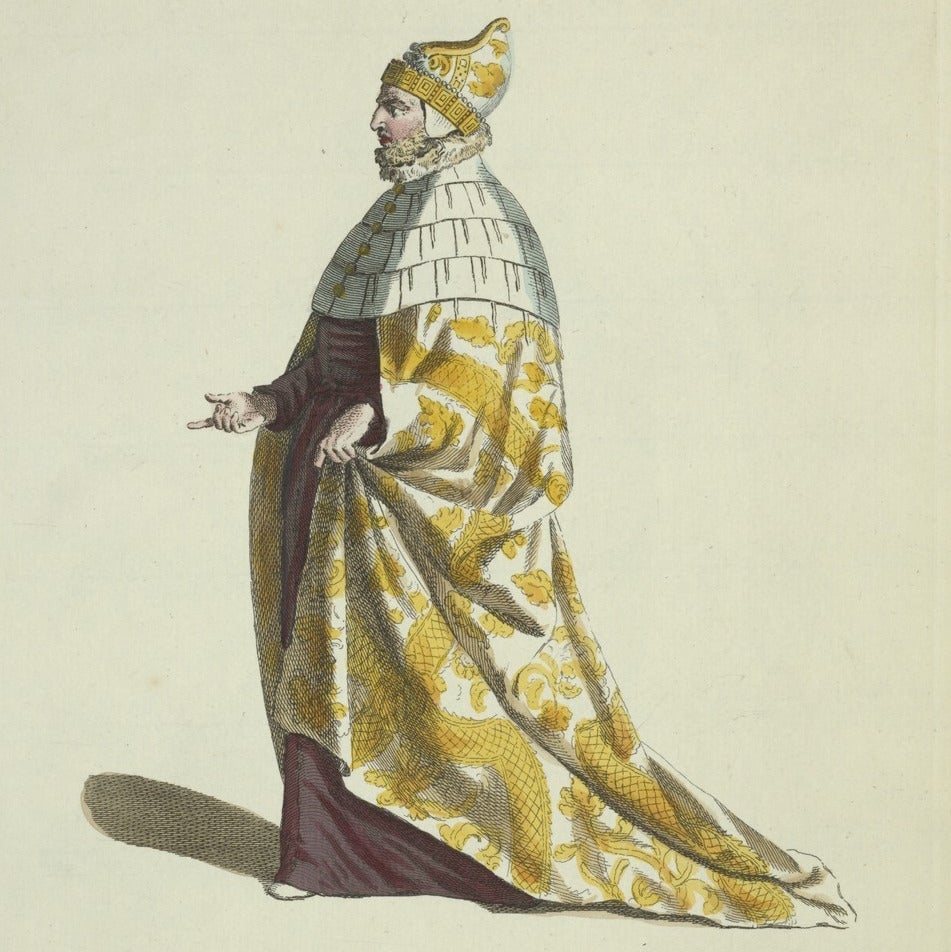
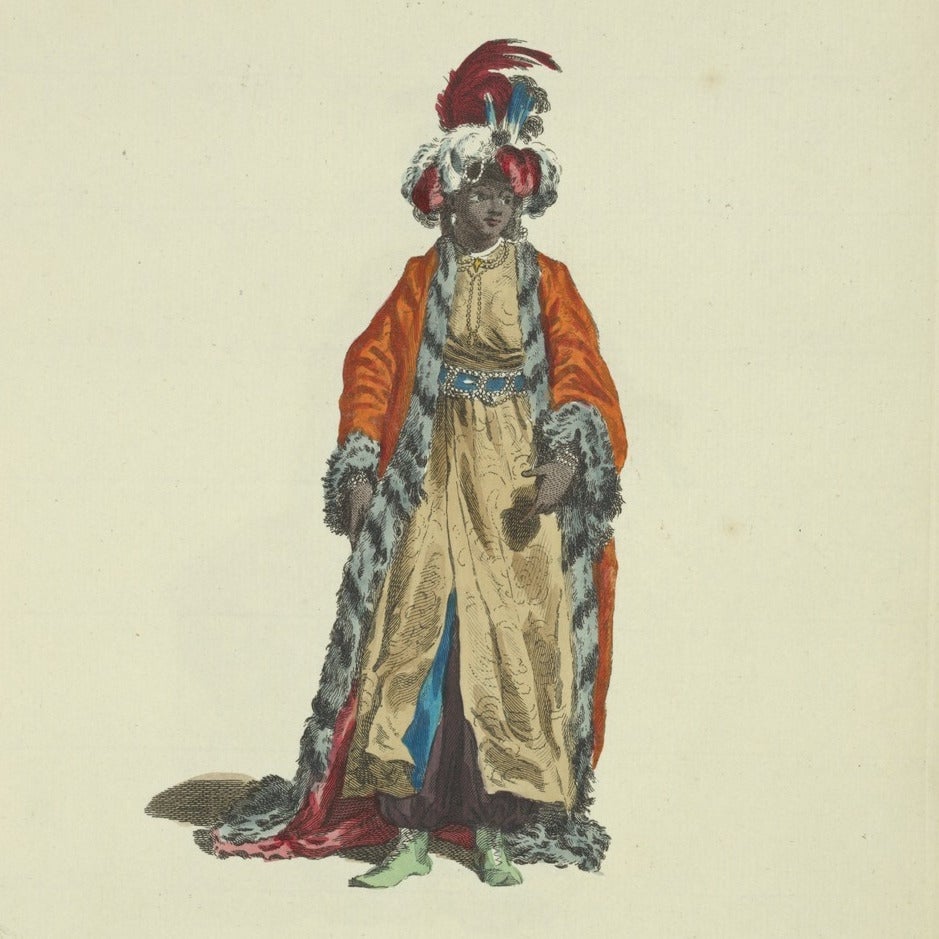
Photos of huge, obsolete tech
The newly released collection contains more than 40,000 stereoscopic images—two similar photographs shown side by side to create the appearance of depth when examined through a stereoscope. Most of these are landscapes, but a small handful are of huge steam and hydraulic systems.
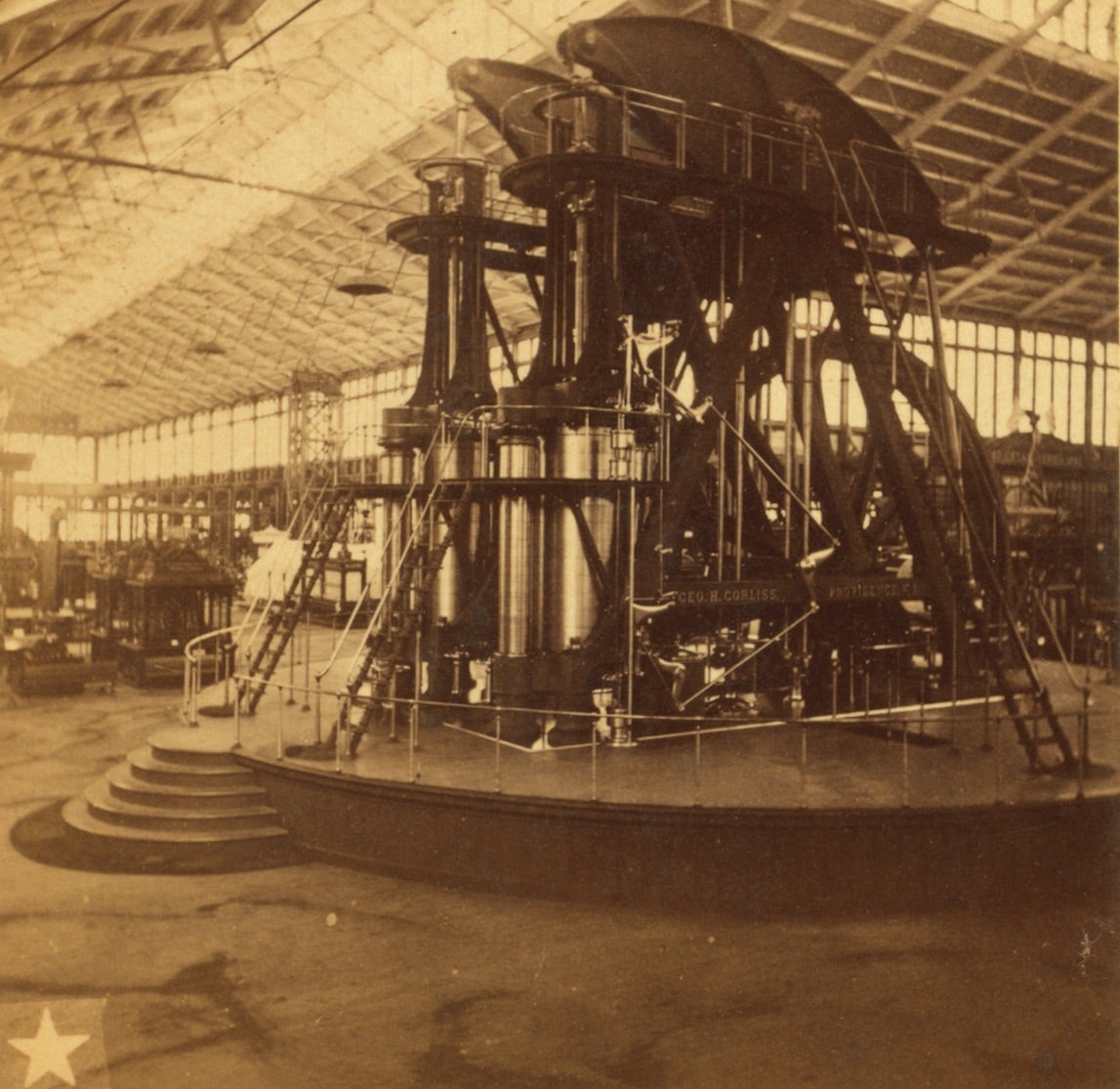
And if you’re inspired to explore the jungle on your own, be sure to check the little public-domain box that appears when you type into the collection’s search bar.